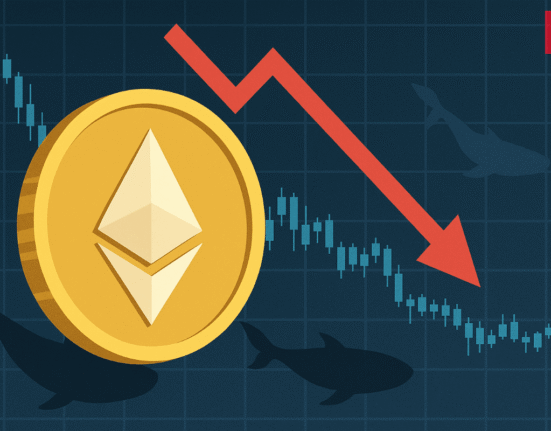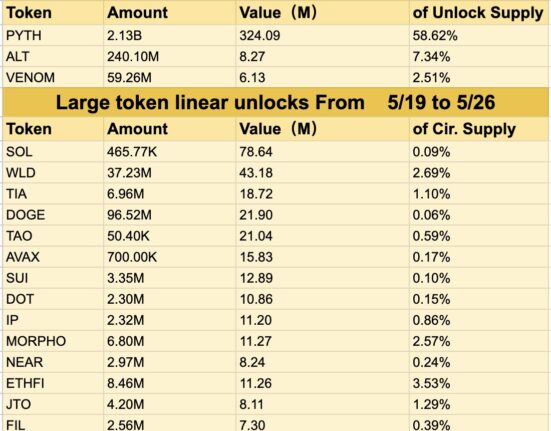Coinbase shares fell after the company’s weaker-than-expected third-quarter earnings, but H.C. Wainwright analyst Mike Colonese maintains a buy rating on the stock.
On Oct. 30, Coinbase, the largest publicly traded crypto exchange, released its third-quarter earnings report, which showed an “uncharacteristic top-line miss,” according to Colonese. He noted that this might impact the company’s shares in the short term.
However, despite the revenue miss, largely down to the lower crypto prices during the quarter, the overall take is that this was a solid Q3, 2024.
Notably, aspects such as expense controls and revenue diversification are on the positive side for Coinbase. The next 12 months also offer a bullish outlook for crypto prices, with regulatory clarity adding to potential upside catalysts.
“We were encouraged to hear management’s positive views on the upcoming election and the implications for the crypto sector. Specifically, CEO Brian Armstrong, believes the U.S. will have the “most pro-crypto Congress ever” regardless of who wins next week’s presidential election. Lastly, Coinbase recently initiated a $1B share repurchase program, as the company aims to return capital to shareholders in the future.”
Mike Colonese said.
Colonese reiterated a buy rating for Coinbase, with a price target of $255, down from $295, reflecting the revised revenue estimate for 2025.
H.C. Wainwright analysts have lowered their revenue estimates for Coinbase, projecting $5.45 billion for 2024 (down from $5.67 billion) and $5.37 billion for 2025 (down from $6.25 billion).
Coinbase reported total revenues of $1.21 billion in the third quarter, a decline of 17% quarter over quarter but an increase of 86% year over year, slightly below FactSet estimates of $1.26 billion.
Risks to H.C Wainwright’s Buy rating and target price of $255 will include concentration of retail trading revenue, crypto price dump and regulatory uncertainty.








